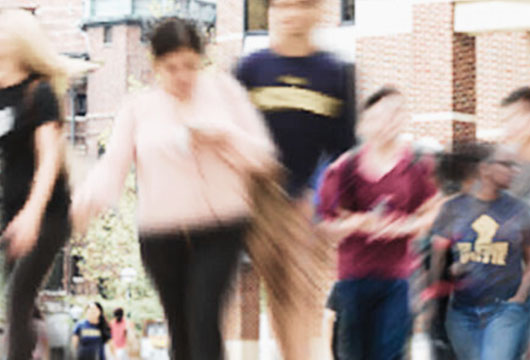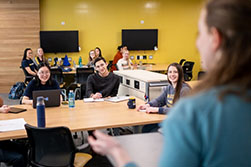| After Election 2020: Moving from Reaction to Action Thu, 10/29/2020 This is the third of a three-part series by CRLT and the Ginsberg Center outlining strategies and resources that instructors can use to plan, frame, and facilitate conversations about the 2020 Election. After the election, students may experience a range of reactions that may impact their ‘bandwidth’ for learning and participation in your course. Regardless of political affiliation, students may be focused on managing the impacts of the election on their own lives and thinking about ‘what happens next.’ One way that you can support students in this moment is to highlight civic engagement as an ongoing, active practice that includes, but is not limited to, voting in an election. Read more |
| Structuring Classroom Discussions about the 2020 Election Thu, 10/22/2020 This is the second of a three-part series by CRLT and the Ginsberg Center outlining strategies and resources that instructors can use to plan, frame, and facilitate conversations about the 2020 Election. In Part 1 of this CRLT/Ginsberg Election Resource series, we encourage instructors to spend time thinking through some important pedagogical questions about disciplinary investments in the election, as well as what is at stake for students and instructors during any classroom conversation about the 2020 Election. This guide builds from Part 1 to outline a process for planning the actual structure and facilitation of any discussions about the election, before or after November 3rd. We’ve curated important resources from CRLT and Ginsberg on high stakes discussions, ‘hot moments’ in the classroom, and civic learning into this step-by-step planning guide. While there are other ways to approach discussion planning, we aim to help you visualize a planning process that you can adapt to your own teaching context. Read more |
| Preparing to Teach About the 2020 Election (and After) Mon, 10/12/2020 This is the first of a three-part series by CRLT and the Ginsberg Center outlining strategies and resources that instructors can use to plan, frame, and facilitate conversations about the 2020 Election. Many of the strategies and commentary in this post are drawn from previously published work on the 2016 Election by CRLT that remain applicable to this election season.
The 2020 Presidential Election, with its high stakes and controversy, is adding even more tension to an already fraught year that has highlighted and exacerbated racial, social, health and economic inequities across the country. In 2016, many instructors were unprepared for the strong emotions and reactions that bubbled up after election results were announced and in the days that followed. In some courses, discussions about the election were directly related to course content, theme, or focus. In other classes, discussion arose because students and instructors recognized the election as a part of the broader conditions that shape teaching and learning. For this reason, we encourage all instructors to be prepared by proactively thinking about how the 2020 Election may impact their students, their classrooms, and themselves. Read more |
| Leading the Classroom in Tumultuous Times: A Video Resource for Instructors Tue, 09/22/2020 What can and can’t I say to my students regarding the upcoming US elections? How, if at all, can I encourage my students to vote? Is the classroom a free speech zone? What can I do if a student won’t wear a mask during in-person classes? How can I protect my own and students’ privacy in the remote classroom? These are just a few of the questions with which U-M instructors have been grappling this fall as they prepare to teach in the midst of the upcoming U.S. Presidential election, the ongoing impact of the COVID-19 pandemic, the labor movements on campus, and the continued activism and protests against racism and police violence. A recent conversation between Dr. Angela Dillard, Richard A. Meisler Collegiate Professor of Afroamerican & African Studies, and U-M Associate General Counsel Jack Bernard offers an excellent resource for instructors on how to navigate their approach to these issues. It includes insights into topics ranging from classroom disruption and management, to student and instructor privacy, and free speech considerations in and beyond the classroom. The kinds of questions instructors are asking often do not have easy or straightforward answers, and Dillard and Bernard expertly highlight the complex and nuanced nature of these kinds of classroom concerns. Read more |
| New CRLT Resource Motivating Students to Learn: Transforming Courses Using a Gameful Approach Tue, 06/02/2020
Read more |
| CRLT Spring/Summer Services to Help you Plan for Fall 2020 Courses Wed, 05/27/2020
Read more |
| CRLT Support for Remote Teaching Mon, 03/16/2020
Read more |
| COVID-19 and Your Teaching Tue, 03/10/2020  As the situation around the COVID-19 coronavirus continues to evolve, we know that many instructors are looking for resources to prepare for or respond to a range of teaching challenges that might emerge. Here are some topics to consider and resources to know about during this uncertain time: Read more |
| Now accepting applications for the 2020 May Preparing Future Faculty Seminar Thu, 01/30/2020
Are you interested in a faculty career after graduation, but aren’t quite sure how to get started? “Preparing Future Faculty” (PFF) can help. This month-long seminar offered by CRLT supports graduate students who will be navigating the transitional period between graduate school and becoming a faculty member. Come join a community of fellow graduate students from across the university as we discuss developing inclusive teaching practices, preparing for the job market, and what to expect after you receive a faculty position. In this blog post, PFF alum and this year’s PFF Program Assistant, Anoff Nicholas Cobblah, gives an overview of the Seminar and how he found it beneficial as he began preparing for the academic job market. Like many students, I entered graduate school inspired by my undergraduate professors, but with little understanding of the obstacles I might face in applying for and succeeding in a faculty position. As I began to envision the end of my graduate career, it was hard not to feel powerless in the face of stories about the arbitrary whims of the job market and the burdens placed on junior faculty (especially those who already occupy a disadvantaged position due to race, gender, sexual orientation, class, or nationality). PFF offers hope by providing graduate students with knowledge and concrete skills to help navigate this daunting process. Those who attend the seminar receive guidance in inclusive teaching practices and developing job materials, such as teaching philosophies, diversity statements, and syllabi. During my PFF seminar experience in 2018, for example, I drafted a syllabus for an upper-level English course on “The Evolution of the Victorian Novel.” Like many graduate students, I had no experience designing my own upper-level course. PFF taught me the importance of backwards course design and setting clear course objectives. PFF also allowed me to get productive feedback on my syllabi and other job materials from fellow graduate students both within and outside of my discipline. Articulating the value of my research and pedagogical interests for those unfamiliar with the norms of my field motivated me to more carefully consider the role I hope to play as a faculty member. Read more |
| Applying Case-Based Teaching in a Range of Disciplines Tue, 01/21/2020
Read more |


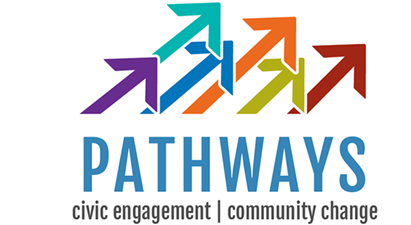 In Part 1 of this CRLT/Ginsberg Election Resource series
In Part 1 of this CRLT/Ginsberg Election Resource series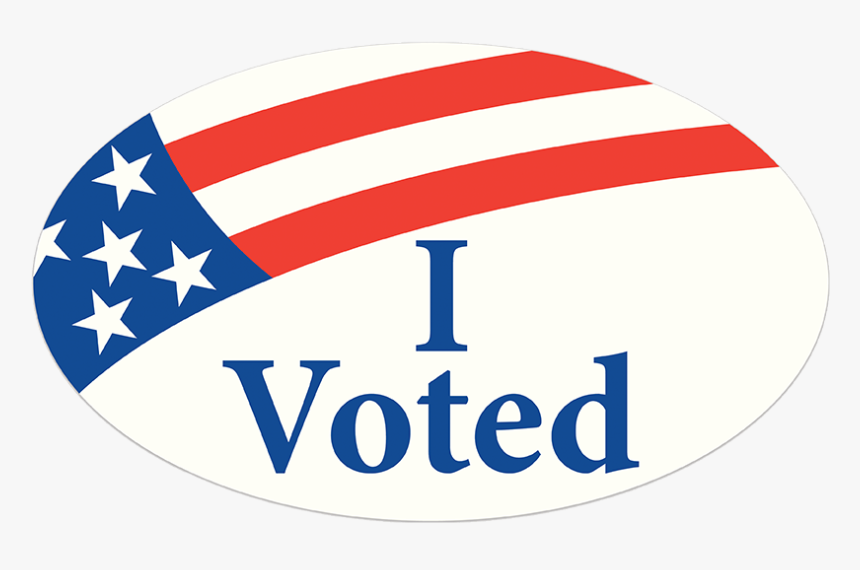
 U-M instructors have invested in the idea of gameful learning as a response to the question “How do I better motivate students to learn?” since as early as 2008. Similarly, in the current climate of increased remote or hybrid learning, gameful learning is one possible answer to another question instructors are asking: “How do I build flexibility for students into my course?” As interest in this approach continues to grow steadily at UM and beyond, many instructors seek assistance in better understanding what it means to teach gamefully, including practical guidance for how to get started transforming their course(s). CRLT’s newest Occasional Paper “
U-M instructors have invested in the idea of gameful learning as a response to the question “How do I better motivate students to learn?” since as early as 2008. Similarly, in the current climate of increased remote or hybrid learning, gameful learning is one possible answer to another question instructors are asking: “How do I build flexibility for students into my course?” As interest in this approach continues to grow steadily at UM and beyond, many instructors seek assistance in better understanding what it means to teach gamefully, including practical guidance for how to get started transforming their course(s). CRLT’s newest Occasional Paper “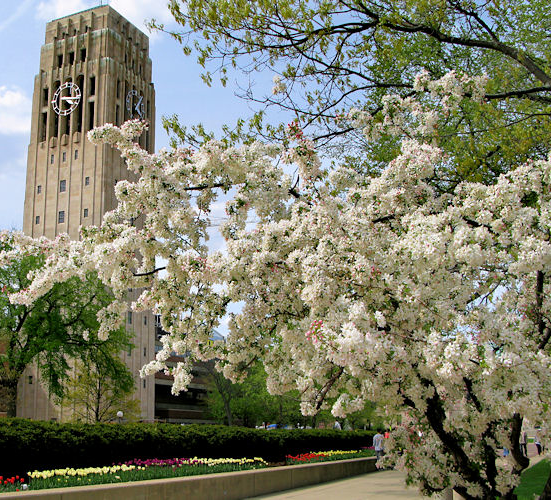 As U-M considers options for a public health-informed Fall 2020, we know that instructors will need to approach the design of their Fall courses with flexibility and remote teaching in mind. CRLT consultants are available throughout the spring and summer with services and resources to help you adapt your instruction to the changes ahead. Whether you need to reimagine your course or modify an already flexible design, CRLT is here to support you with a range of services as you plan for Fall 2020, including the following:
As U-M considers options for a public health-informed Fall 2020, we know that instructors will need to approach the design of their Fall courses with flexibility and remote teaching in mind. CRLT consultants are available throughout the spring and summer with services and resources to help you adapt your instruction to the changes ahead. Whether you need to reimagine your course or modify an already flexible design, CRLT is here to support you with a range of services as you plan for Fall 2020, including the following: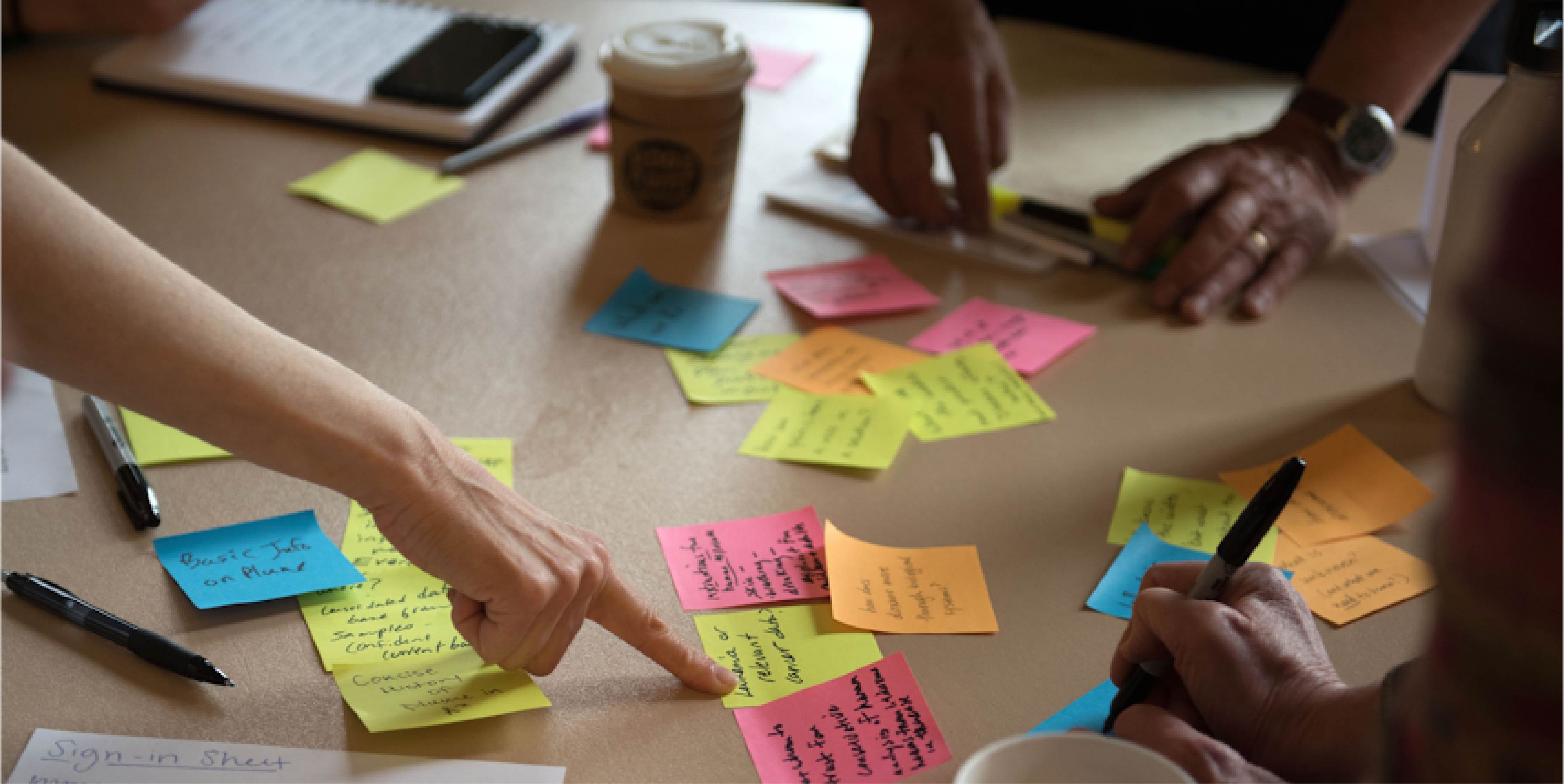 Given the
Given the 